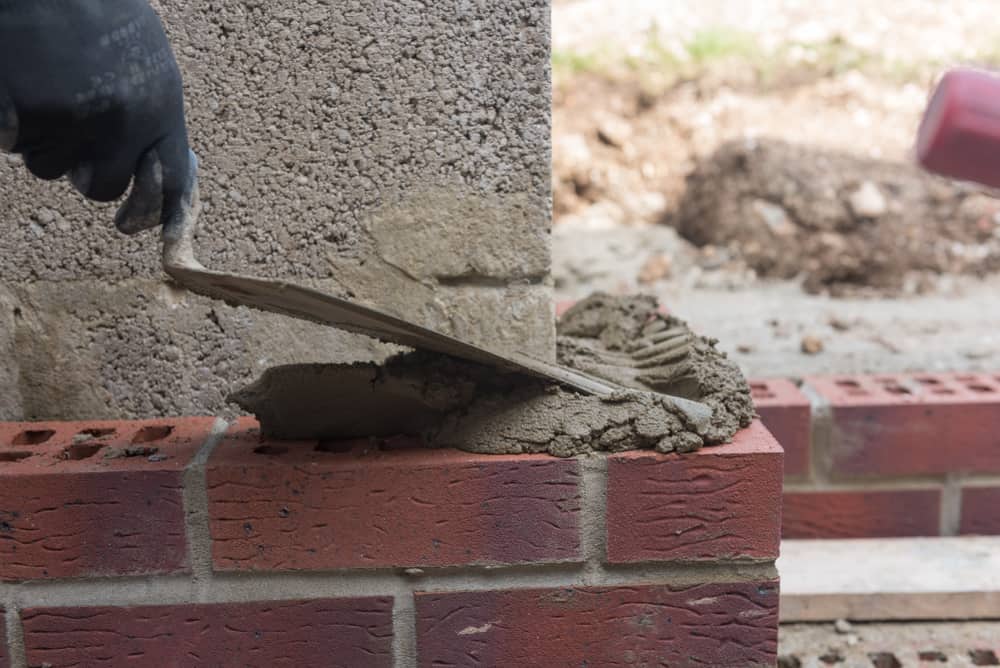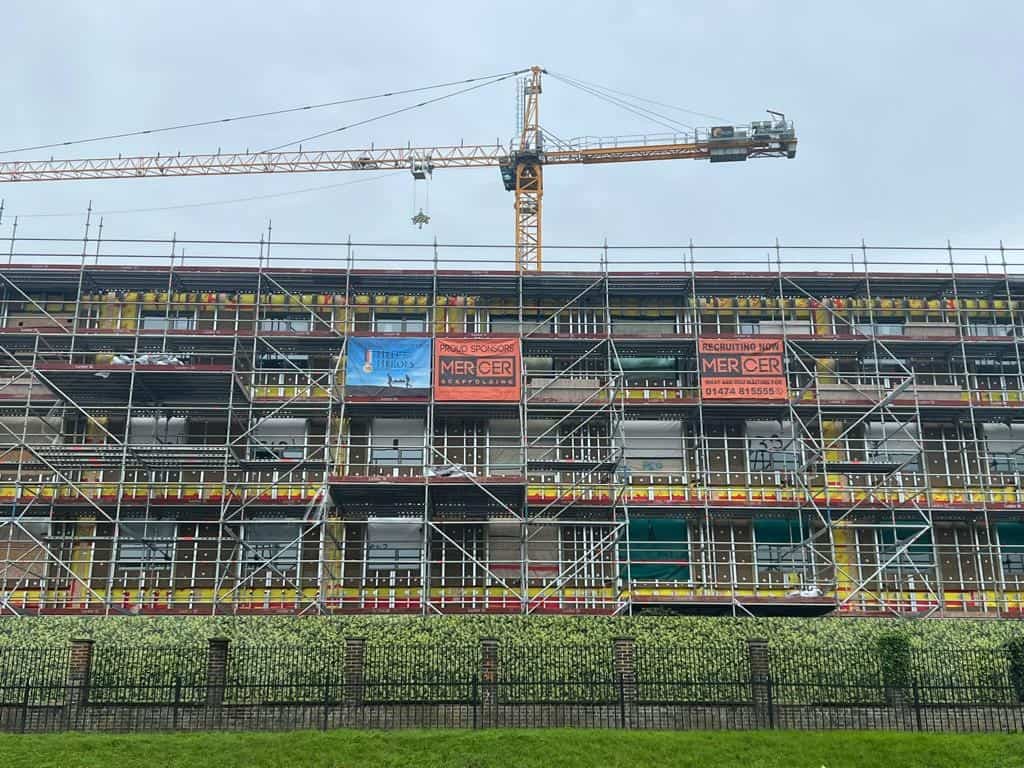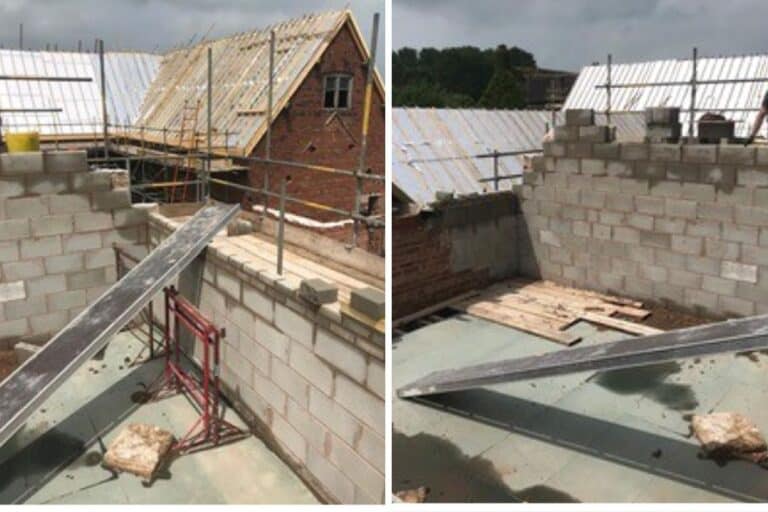The UK construction industry is facing an increasingly bleak outlook as the rise in mortgage interest rates and the cost of living crisis send shockwaves through the sector.
According to the Construction Products Association (CPA), the industry is now on the brink of a severe recession, primarily driven by significant declines in private housing new build and private housing repair, maintenance, and improvement (RMI) – two crucial sectors within the construction domain.
The CPA’s Summer Forecasts, recently published, paint a grim picture for the industry’s immediate future. The projections indicate that the UK construction output is set to plummet by 7.0% in 2023, and any prospects of recovery in 2024 are expected to be meagre, with growth predicted at just 0.7%.
These latest forecasts starkly contrast the optimism of the previous year. The CPA had initially predicted a growth rate of 1.6% for 2023 and a further 2.5% for 2024. However, unforeseen economic shocks, including Liz Truss becoming prime minister and Russia’s invasion of Ukraine, have drastically altered the landscape.
The CPA’s quarterly forecasts have progressively worsened since last summer, with each update pointing to a grimmer economic outlook. In the most recent update, it projected a decline of 7.0% in construction output for 2023, indicating a worsening situation.
The construction industry’s largest sectors, private housing new build, and private housing RMI are expected to bear the brunt of the recessionary pressures. Private housing output, a significant contributor to the UK economy worth £41 billion annually, is anticipated to be hit the hardest. As a result, private housing starts are predicted to fall by 25% in 2023, with output and completions also experiencing a substantial 19% decline. The CPA foresees a slow recovery in the sector, commencing in the second half of 2024, with a projected rise of 2%.
The private housing RMI sector, worth £29 billion to the UK economy, has already faced challenges due to rising inflation, interest rates, and falling real wages. Consequently, the sector’s output is expected to contract by 11% in 2023 before showing signs of growth at 2% in 2024, which aligns with the expected recovery in household finances.
Despite the gloomy outlook for private housing, infrastructure activity is expected to remain relatively robust due to ongoing major projects like HS2, the Thames Tideway Tunnel, and Hinkley Point C. However, the infrastructure sector may encounter headwinds, partially offset by government delays to new roads and rail projects and budgetary constraints for councils.
The CPA’s economics director, Professor Noble Francis, expressed concern over the government’s lack of commitment and investment in the construction industry, given its critical role in employment and vital infrastructure provision.
Though the CPA’s forecasts indicate an imminent recession, other indicators, such as the Purchasing Managers’ Index (PMI), have shown the construction industry’s resilience in the first half of the year. However, if the CPA’s predictions are accurate, a decline in the PMI may be imminent.
As the UK construction industry navigates uncertain waters, stakeholders hope for proactive measures and investments to stabilize the sector and support its significant contribution to the nation’s growth and productivity.




